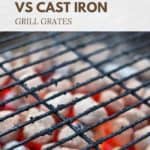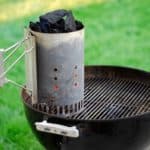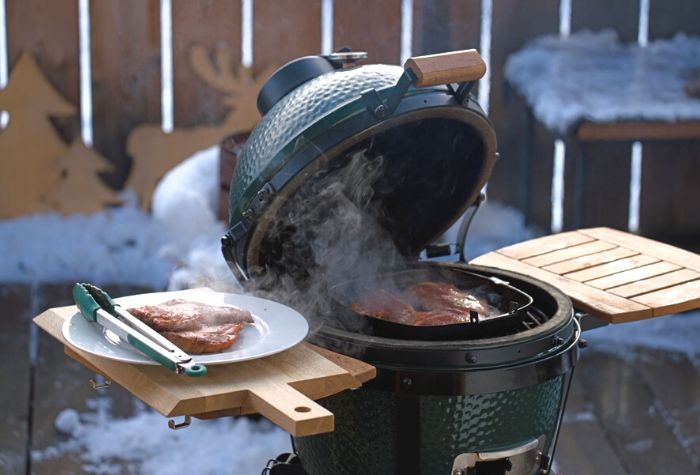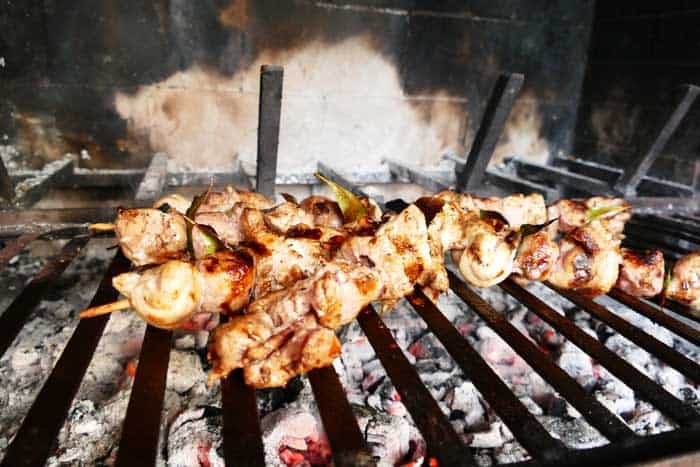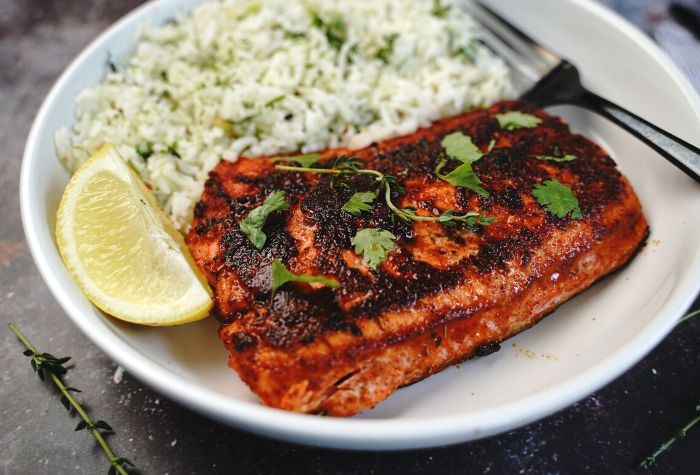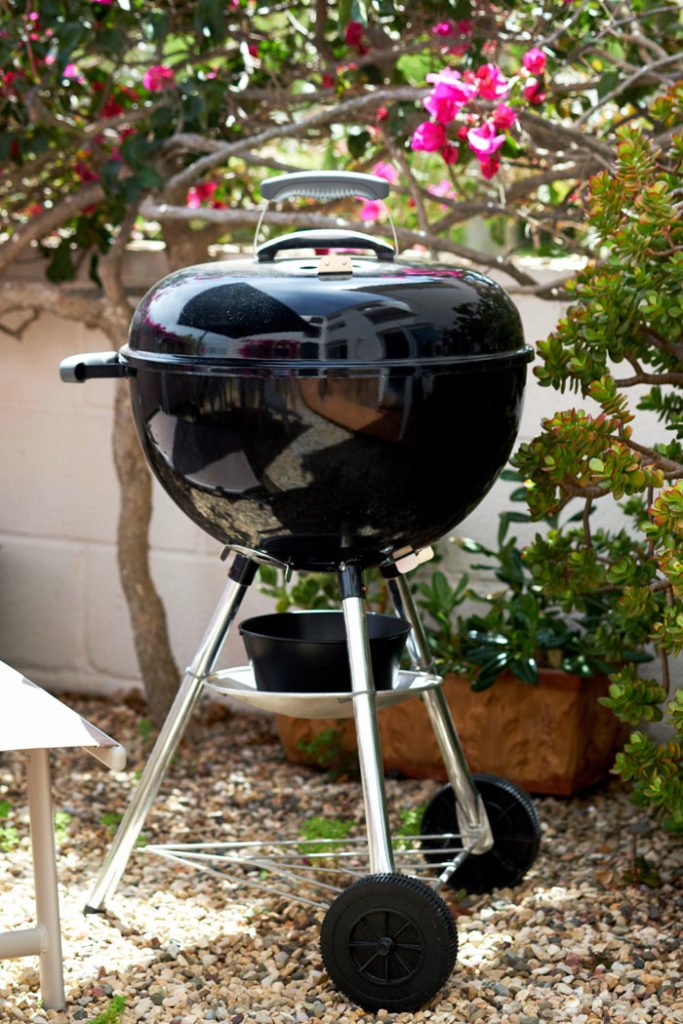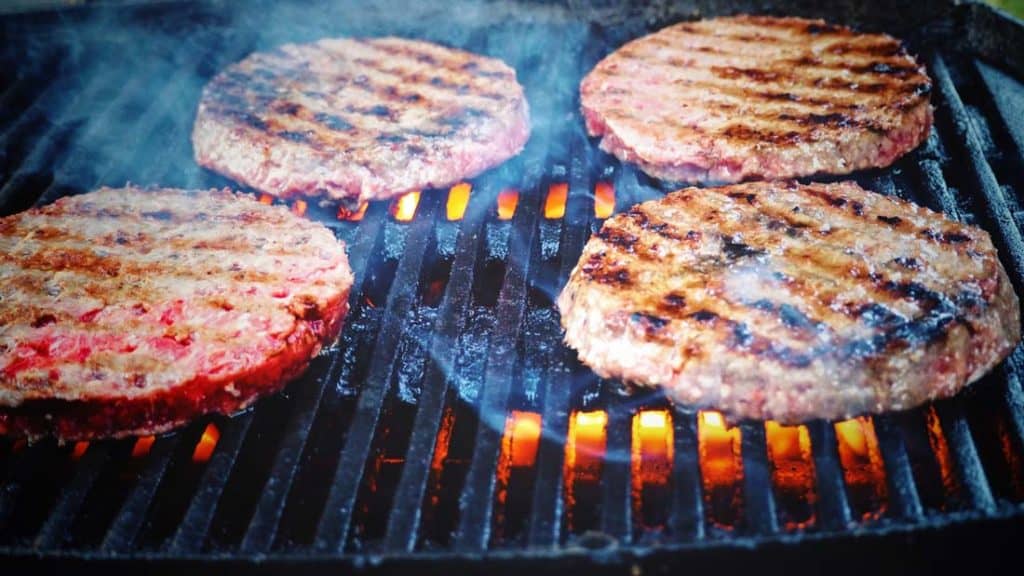Not sure whether to get stainless steel or cast iron grill grates for your outdoor grill? We put each metal type under the microscope and look at which offers the best heat retention, durability, and performance.
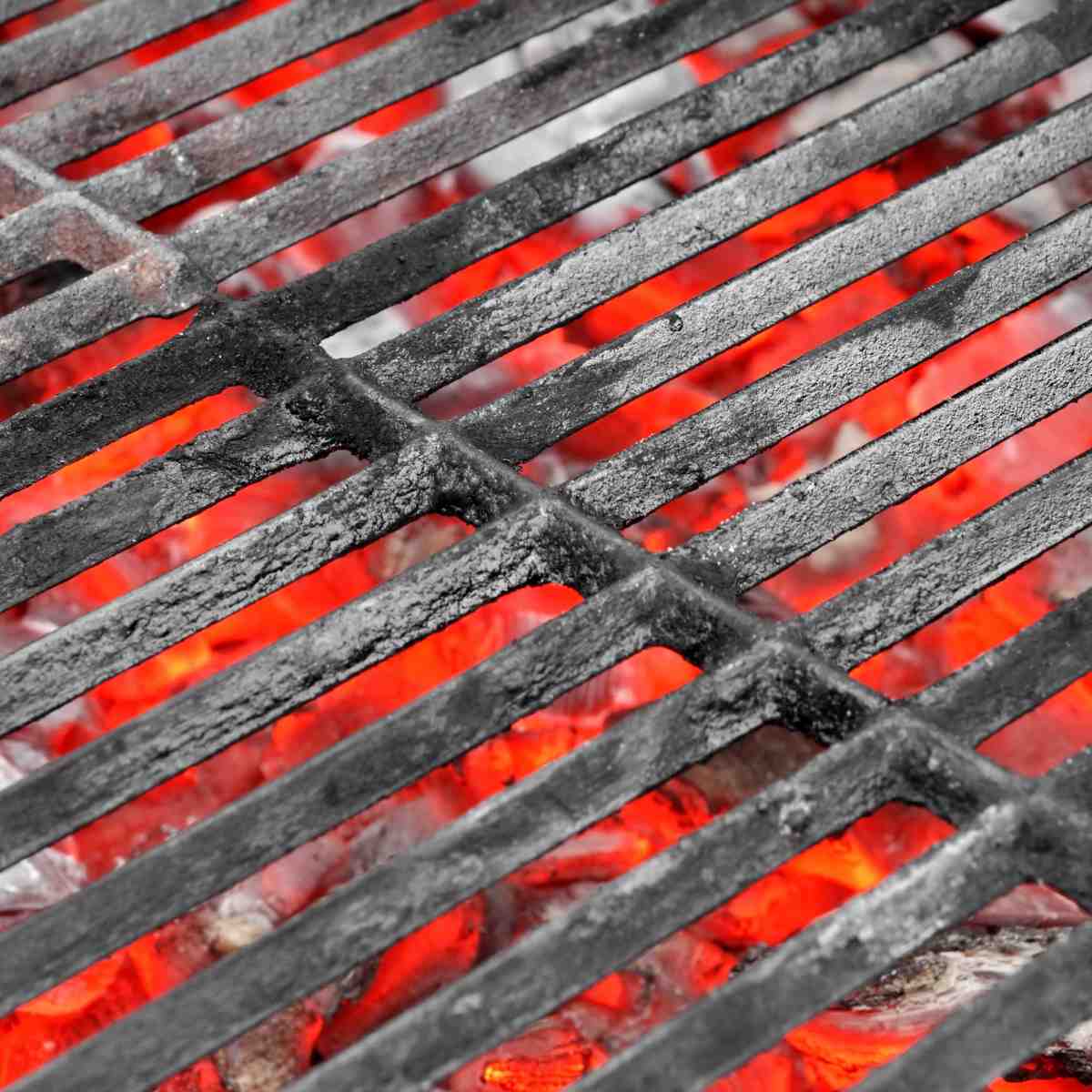
Grill grates are one of the most important components of any grill. Apart from keeping your food from falling through and getting burned, grates impart that signature grill mark and allow for meat searing.
However, not all grill grates are made equal, with different materials offering specific benefits. Stainless steel and cast iron are two of the most popular materials, and in this article we’ll cover the main differences and the pros and cons of each.
Quick Answer
The main differences between stainless steel and cast iron grill grates come down to durability and heat retention:
- Stainless steel is a more durable material. Because it’s more resilient to corrosion and rust, it is low maintenance and requires minimal upkeep. In comparison, cast iron grill grates need to be seasoned and cleaned regularly—just like cast iron pots and pans.
- Cast iron retains and transfers heat better than stainless steel. This means you’ll get those beautifully distinct sear marks and a more charred flavor on your food.
Stainless Steel Grates
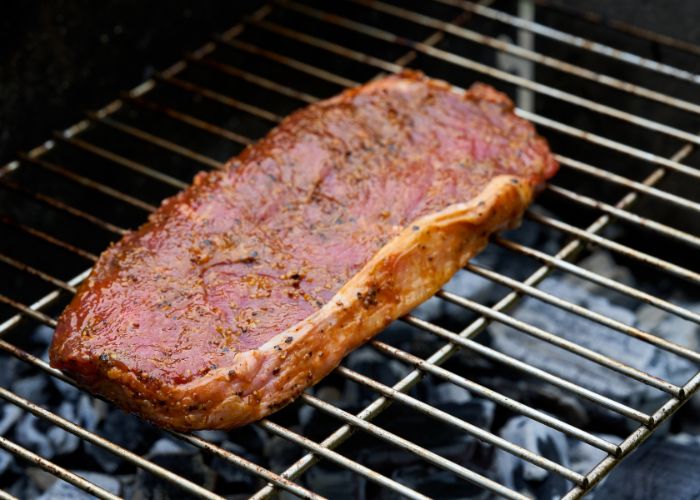
Stainless steel is one of the most common materials you’ll find in cookware and appliances, because of its strength, durability, and ability to resist high levels of heat and corrosion. This can be attributed to the addition of chromium to steel, which results in the formation of a chromium oxide film on the surface for protection.
Note that stainless steel differs from regular steel grates, which are more prone to chipping and nicking. To get the most out of your grates, stainless steel is preferred.
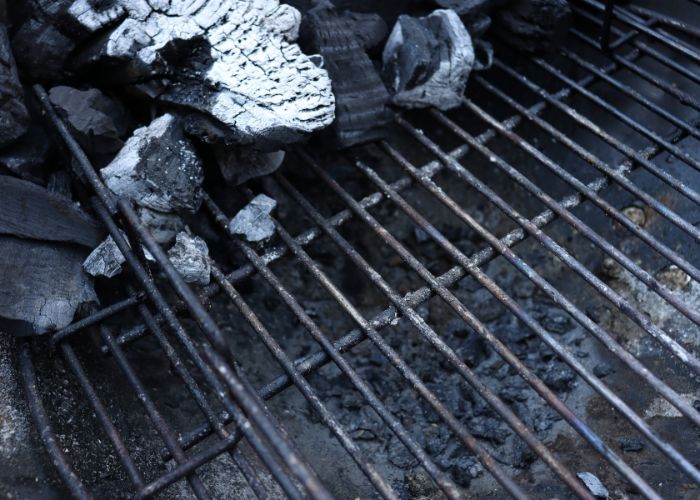
Advantages
- Low maintenance: One of the reasons why stainless steel is so well-loved is that it’s so easy to maintain. Unlike other metals, stainless steel won’t corrode or rust when exposed to weather and environmental conditions like rain. This also allows stainless steel grates to last for a long time without needing to be replaced.
- Easy cleanup: Stainless steel grates will remain relatively smooth and shiny even after years of use. The nonstick surface makes cleaning stainless steel grill grates easy despite all the nooks and crannies in the grates. No scrubbing is required, simply use a damp cloth or paper towel.
- Even heat distribution: Stainless steel grates will heat up quickly and distribute heat evenly across the whole surface area. This allows you to grill a variety of foods quickly with no fuss.
Disadvantages
- Cools off quickly: While stainless steel may heat up more quickly, it also is quicker to cool off, meaning it retains less heat.
- Wide range of quality on the market: You can find cheaper stainless steel grates to buy, but there’s often a correlation between quality and performance. Cheaper grates may change shape and lose their non-stick properties faster than the higher quality alternatives.
Cast Iron Grates
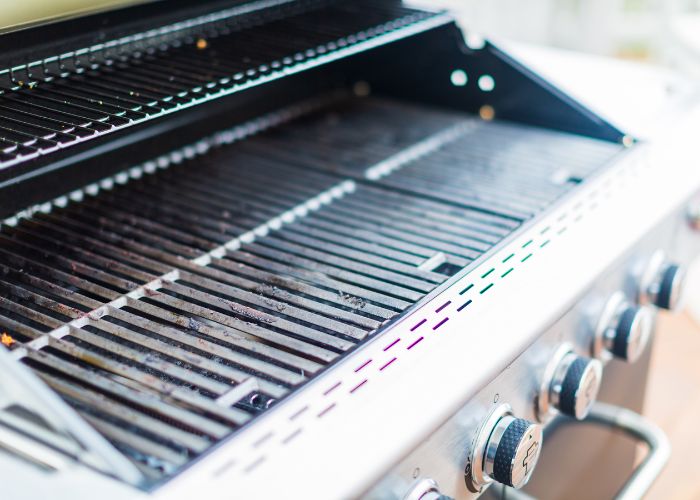
While cast iron grill grates require more maintenance, their heat retention properties are unmatched in producing incredible flavor and texture when cooking meat. Because of this, a cast iron grate is a welcome addition to any foodie’s cooking routine.
You can find different types of cast iron grates, including uncoated cast iron and porcelain-coated with an enamel finish. Porcelain-coated options will be more non-stick than uncoated ones, but can crack if you scrub and scrape them too vigorously over time. Uncoated cast iron grates are the cooking industry standard, and we’ll be referring to those in the sections below.
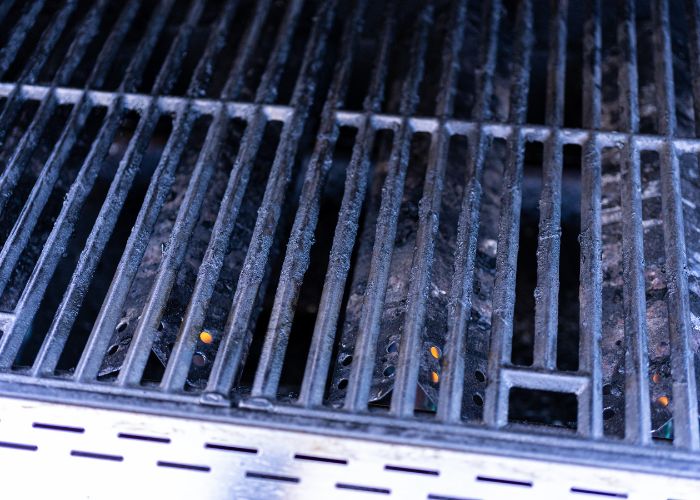
Advantages
- Excellent searing capability: Like a great cast iron pan, cast iron grill grates cause searing to occur once the meat touches the grates. Because cast iron retains heat well, this will nicely brown the outside of the meat while keeping the inside juicy.
- Enhanced flavor and grill marks: Cast iron grill grates are porous, meaning they will absorb and take on the fat and seasonings for everything you cook on them. Over time, this can add additional depth of flavor to your food that you won’t experience with other materials.
- Longevity with proper care: With proper care and maintenance, cast iron grill grates can last for decades, or even generations.
Disadvantages
- More effort to clean and maintain: Cast iron is relatively temperamental, meaning it can rust faster when exposed to environmental conditions like humid weather or rain. You’ll need to bring it inside, cover it, and always clean it well after use. To maintain its properties, you’ll also need to season the grates every so often.
- Heavy and hard to maneuver: If you’re used to dealing with light steel or aluminum cooking equipment, cast iron may be extremely heavy and troublesome to handle. You’ll need to lift them and place them on the grill with care.
Which is Better for Your Grill?
Choosing the right grill grate also depends on the type of grill you have. For example, stainless steel grates pair well with outdoor gas grills as they are likely to be left outside for use during the summer months, which is ideal for convenience.
On the other hand, cast iron grill grates can also absorb the deep and smoky notes from a charcoal grill and impart those flavors directly onto the meat. Also, charcoal grills can reach upwards of 600-700°F, allowing for a beautiful sear when needed.
While some restaurants use cast iron grill grates and cast iron pans, they also have a big team that helps with the prep and cleanup. If you’re an amateur chef just looking to dip your feet into the world of grilling, starting with stainless steel may be a less daunting approach.
Ultimately, the best grill grate for your grill will depend on many factors, including how often you’ll be cooking on it, how much effort you’re willing to put into caring for and maintaining it, and whether you have a preference for the flavor and sear that each type of grate can bring to your food.
Heat Distribution
Stainless steel grates heat up quicker, but they also cool faster. Both stainless steel and cast iron grates distribute heat well across a surface area, but cast iron grates can retain heat for longer. If you like your meat to have a more pronounced grill mark and deeper flavor, cast iron grates are the best choice.
Maintenance & Care
If you want a lower maintenance option, stainless steel grates are the way to go. You can easily just use a damp cloth or towel to wipe off debris and grease, while the porous surface found on cast iron grates makes them harder work to clean. This usually means you’ll need to scrub, soak, and season the grates before they’re ready to use again.
Weight & Stability
Stainless steel is generally more lightweight than cast iron, making it an easier grate to transport. While cast iron grates are heavier and more cumbersome, they’re also more stable, which is a good thing when you’re flipping and grilling lots of food.
Price & Affordability
Generally, stainless steel is more affordable than cast iron. However, cheaper stainless steel grates may actually lose their quality and properties quicker, so in some cases opting for a more expensive cast iron grate would be more cost-effective in the long run.
